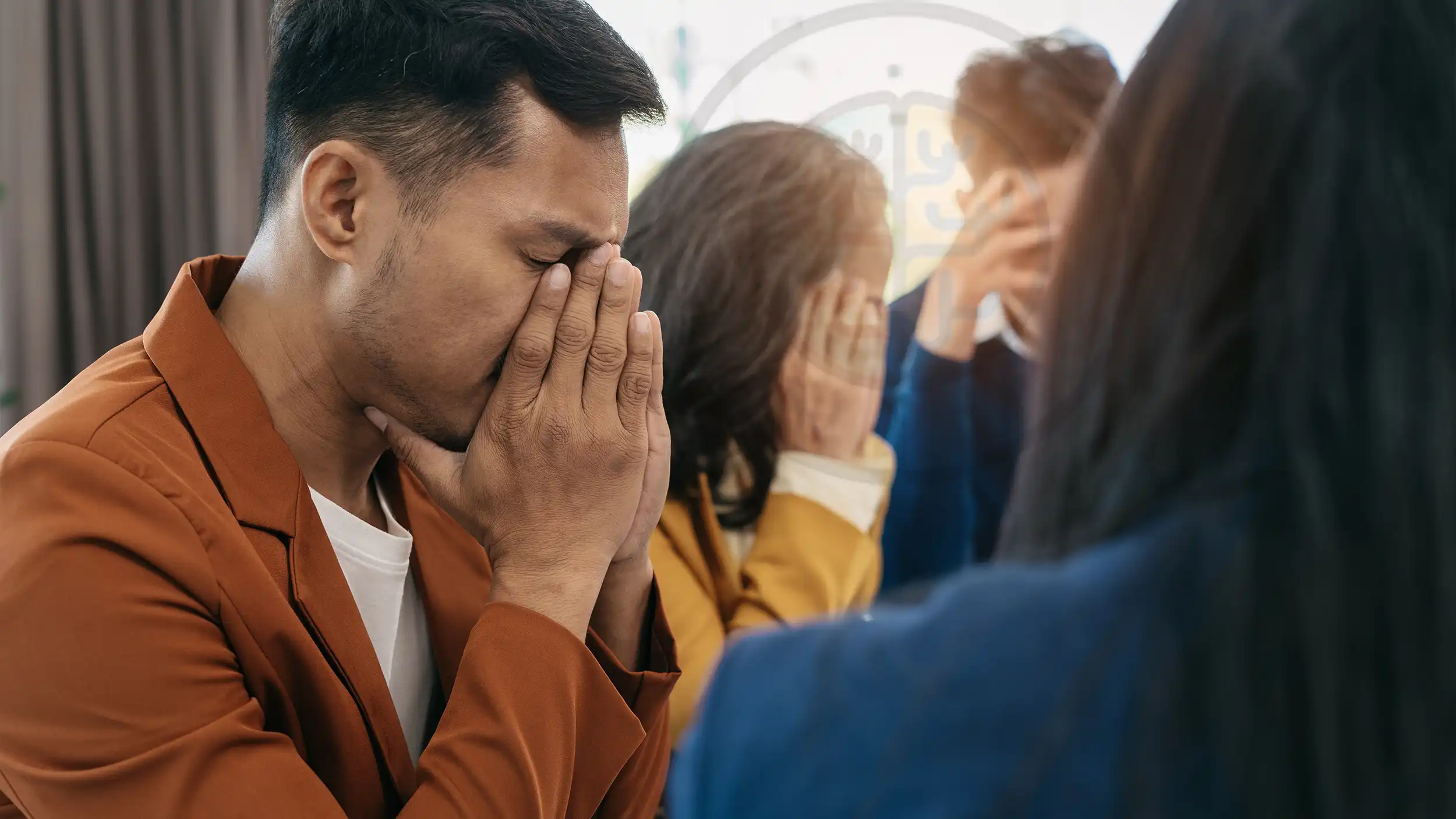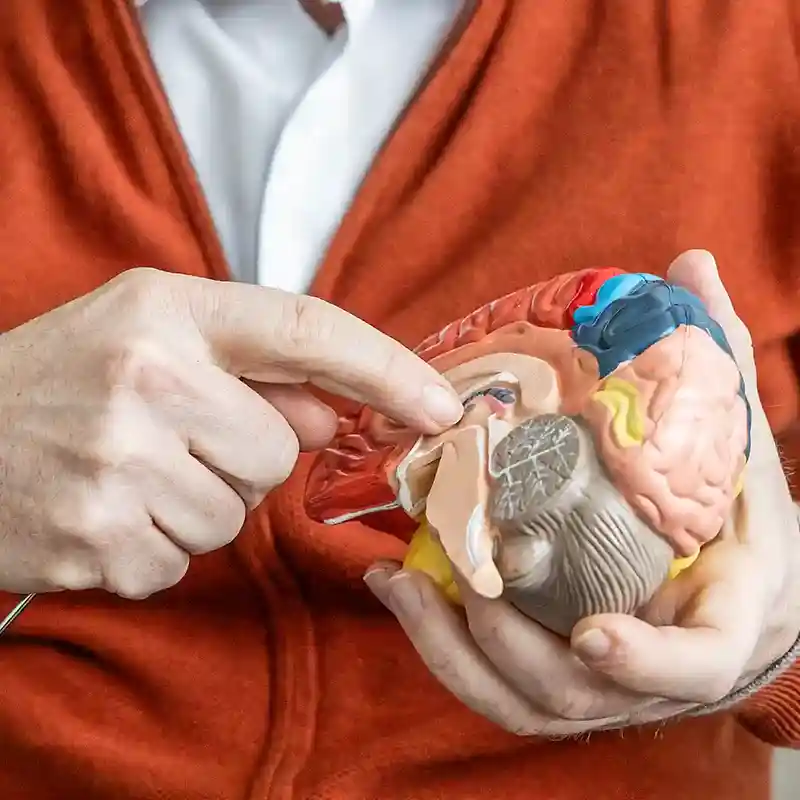
Social Anxiety
Social anxiety disorder, also known as social phobia, is characterised by an intense fear of circumstances in which the person fears being observed, judged, being embarrassed in front of others or not living up to standards.
What is social anxiety
Social anxiety disorder, also known as social phobia, is characterised by an intense fear of circumstances in which the person fears being observed, judged, being embarrassed in front of others or not living up to standards.
It typically arises in adolescence, although it can sometimes occur in younger children (a typical sign is school refusal) or in adulthood.
Although it is normal to feel a certain degree of anxiety at the idea of speaking in public, facing an important interview or taking an exam, sufferers may experience strong feelings of discomfort and stress in the face of any social situation and, in the long run, choose to avoid them altogether.
The fear, anxiety and avoidance are such that they interfere with relationships, daily routines, work, school or other activities.
Those suffering from social phobia may fear: meeting new people, being the centre of attention, being observed while doing something, conversing with unfamiliar people, speaking or performing in public, being criticised, judged or mocked, talking to 'important' people or authorities, speaking in a classroom, going on a date, making a phone call, using a public toilet, taking examinations, eating or drinking in public, asking questions or speaking aloud, attending parties or other social events.
Symptoms of social anxiety
The main psychological symptoms include: intense worrying for days, weeks or even months before a social event, excessive fear of being observed or judged by others, especially by unfamiliar people, severe embarrassment and anxiety in everyday social situations, fear of acting in ways that may cause embarrassment or humiliation, fear of others noticing the nervousness felt, avoidance to the extent that it limits and penalises activities of daily living.
Characteristic physical symptoms include: pounding or tightness in the chest, trembling voice, shortness of breath, intense sweating (hyperhidrosis) or flushing, nausea and stuffy stomach, dry mouth, shaking and trembling, muscle tension, redness, dizziness, dizziness, tics.
How can we help you?

Of all available treatments, Cognitive Behavioural Therapy (CBT) has proven to be the most effective for social anxiety disorder. The theoretical assumptions underlying TCC indicate that, the way of thinking has an influence on the emotions experienced and, these, in turn, affect the behaviour emitted. In short, therapy helps to modify catastrophic thoughts and beliefs about oneself and social situations, influencing the intensity and quality of the emotions experienced and enabling more functional behavioural choices.
Typically, Cognitive Behavioural Therapy enables:
- Learning to control the physical symptoms of anxiety through relaxation training and abdominal breathing exercises.
- Recognising negative and dysfunctional thoughts that trigger and feed social anxiety and replacing them with more balanced views.
- Facing dreaded social situations gradually and systematically, instead of avoiding them. Exposure is carried out, in the first instance, together with the referring therapist, who acts as a role model, within a real team effort.
Other cognitive-behavioural techniques for social anxiety include role-playing and social skills training or Social Skills Training (eye contact, use of voice, engaging in and maintaining conversation, expressing emotions and opinions), carried out individually or in small groups.
Social anxiety therapy also uses video recordings of sessions and other specific practical exercises to work on anxiety-provoking situations in real life.
By systematically dealing with feared situations, the person can acquire a better sense of self-efficacy and self-esteem, learning the most appropriate strategies to develop a different relationship with their thoughts and emotions.